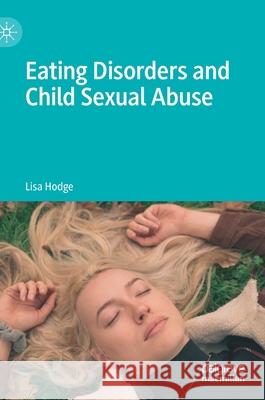Eating Disorders and Child Sexual Abuse » książka
topmenu
Eating Disorders and Child Sexual Abuse
ISBN-13: 9789813362956 / Angielski / Twarda / 2021 / 280 str.
Eating Disorders and Child Sexual Abuse
ISBN-13: 9789813362956 / Angielski / Twarda / 2021 / 280 str.
cena 363,12
(netto: 345,83 VAT: 5%)
Najniższa cena z 30 dni: 346,96
(netto: 345,83 VAT: 5%)
Najniższa cena z 30 dni: 346,96
Termin realizacji zamówienia:
ok. 22 dni roboczych
Bez gwarancji dostawy przed świętami
ok. 22 dni roboczych
Bez gwarancji dostawy przed świętami
Darmowa dostawa!
Kategorie:
Kategorie BISAC:
Wydawca:
Palgrave MacMillan
Język:
Angielski
ISBN-13:
9789813362956
Rok wydania:
2021
Wydanie:
2021
Ilość stron:
280
Waga:
0.50 kg
Wymiary:
21.01 x 14.81 x 1.75
Oprawa:
Twarda
Wolumenów:
01
Dodatkowe informacje:
Wydanie ilustrowane











